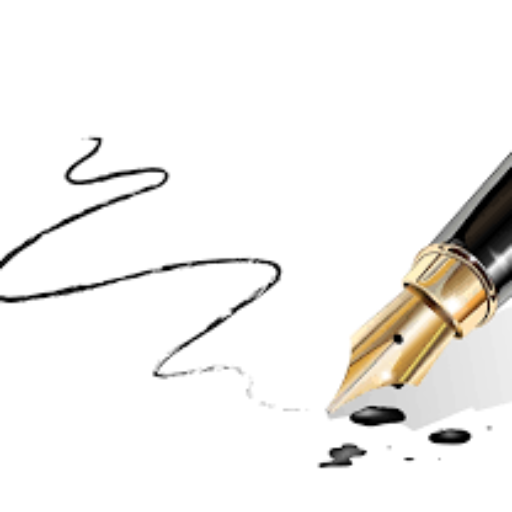
Sarah Wild
Science Today editor
South Africa needs science literacy as much as it needs scientific and technical skills. If people are not exposed to science, they are unable to question what they are being told – whether it is that they would vaccinate their child (they should) or eat a cave-man diet.
But the main places where its citizens would be exposed to science – newspapers, radio, TV – seldom talk about the latest technical advances or research.
“We don’t necessarily need more scientists and engineers,” Nobel laureate Carl Wieman told a gathering at Lindau, Germany earlier this year. “We need more people who have basic science skills.”
He was speaking about the United States specifically, rather than African countries which are parched for those sorts of technical skills. But his point about scientific literacy stands.
Unfortunately, the major bridge between science, scientists and citizens – science journalism – has fallen into disrepair in South Africa. There are only a few permanently employed science journalists in this country, and their beats usually include health, education or environment. This means that science sits on the sidelines watching these other areas consume all the news air. Newsrooms and their budgets are shrinking, and science journalism – often considered a “nice to have” rather than a fundamental part of the news agenda – is suffering.
This has left the popularisation of science in the hands of science communications specialists. This is also dangerous for science literacy – communications folk are paid to tell their institution’s story, not critically interrogate it; for science comms, that story happens to include science but that story is still paid for by an institution.
This is where Science Today comes in. The programme aims to train postgraduate scientists to tell their own stories of science, and demystify many of the areas that are glossed over – including the fact that good science takes time, is incremental and filled with many unknowns.
In this collection, you will find 18 stories of South African science, written by postgraduate students enrolled at our universities. The articles range from what it is like to spend a year studying sea birds on Marion Island to developing new ways of making lithium-ion batteries for cars and smartphones.
In our selection, we tried to include a diversity of universities and subjects – both to spread the training and to give readers a taster of some of the amazing and relevant science happening in South Africa.
The point of Science Today is not to receive entries and then rewrite them, as these postgraduate students learned early on. Instead, it was a process of to-ing and fro-ing: the student would submit a piece of writing; I would edit it, asking questions, guiding the structure and requesting that they rewrite obviously scientific passages. They would revise the story and sent it back to me for further edits. This happened numerous times, and the articles in this collection are a testimony to the students’ ability and tenacity.
These postgrads gave of their time and expertise, eager to learn a new skill – and that is what popular science writing is: a skill that few science students are taught, but which can be developed with instruction and practice.
Perhaps the greatest difference between scientific writing and popular science writing is this: in popular science writing, as in journalism, your first obligation is your reader. Everything you do should focus on telling your reader a true story – from explaining concepts in a way that is accessible without being patronising, to being honest with them about the challenges and pitfalls of your research.
Readers want true stories that broaden their view of the world, and connect them with ideas that they have never been exposed to.
Science Today offers them that, and gives these postgraduate students the opportunity to open the door into their worlds of science.

Well done! This is exactly what postgraduate students, especially in the sciences, need! I am envious I cannot contribute to this, but no matter 🙂
Well done Emily finally went through it; Great work as usual let’s popularise science